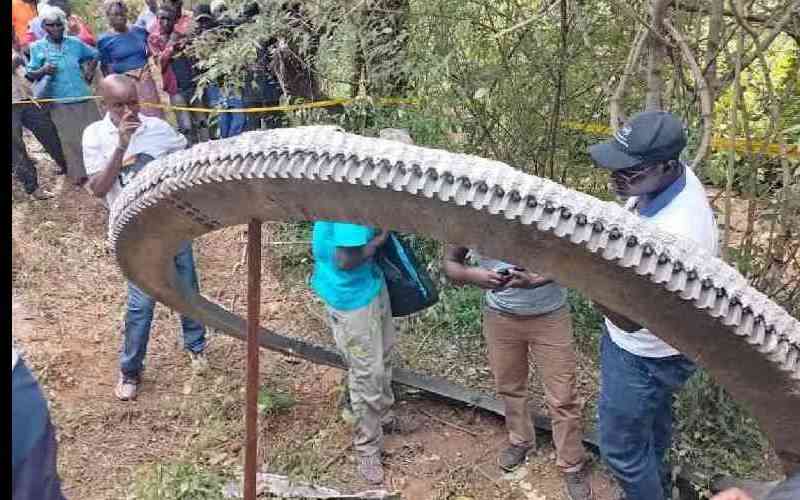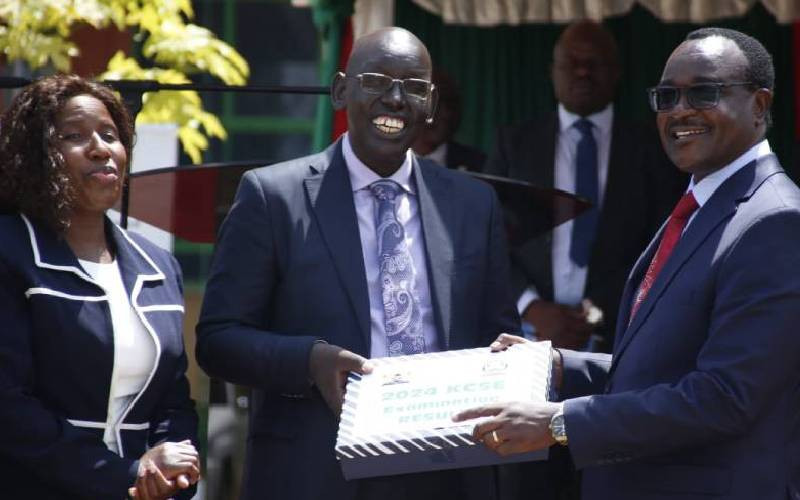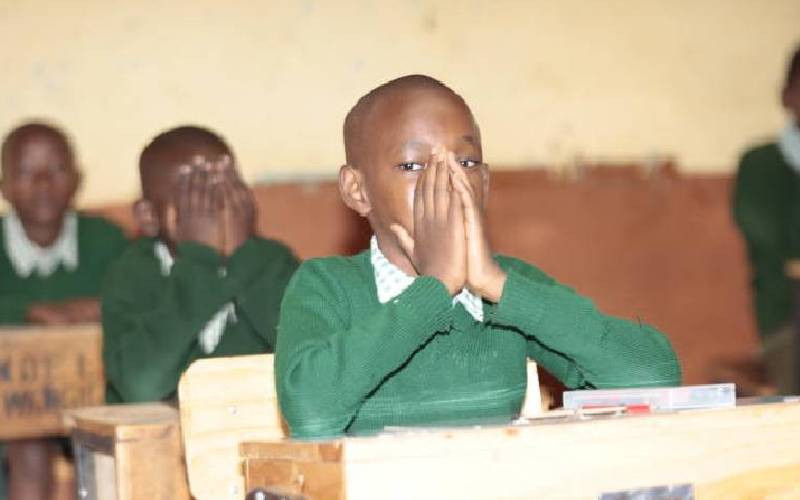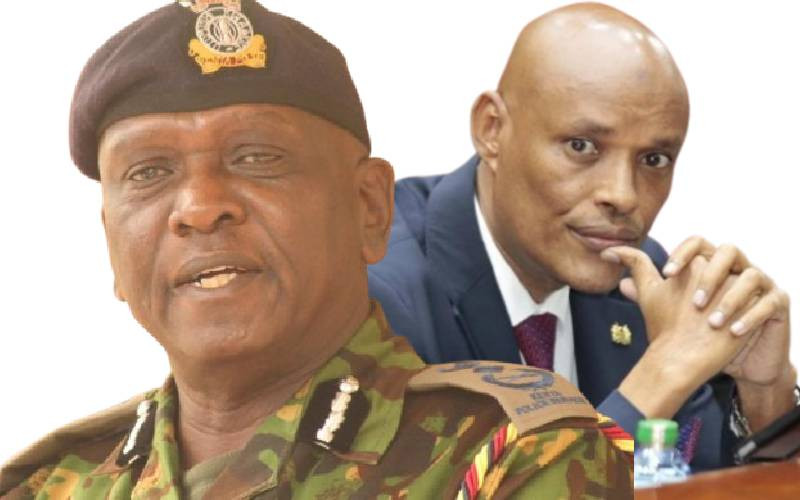[1] The Court has rendered its Judgement by a majority. I am however, of a different opinion. At the heart of democracy are, the people, whose will constitute the strand of governance that we have chosen as a country. On 8th August, 2017, millions of Kenyans from all walks of life yielded to the call of democracy and queued for many hours to fulfil their duty to our Republic by delegating their sovereign power to their democratically elected representatives. This was an exercise that was hailed by many regional and international observers as largely, free, fair, credible and peaceful. That duty stands sacred and is only to be upset if there is any compelling reason to do so. That reason must affect the outcome of the election.
[2] The election was managed by the 1st Respondent chaired by the 2nd Respondent who were assisted by hundreds of others to execute the mandate of the Commission under Article 88 of the Constitution. At the end of the process, the 2nd Respondent, in accordance with Article 138 (10) of the Constitution, declared the result of the election. Having received more than half of all the votes cast in the election and at least twenty-five percent of the votes cast in each of more than half of the Counties, the 3rdRespondent was declared President-elect.
[3] The case revolved around three fundamental questions:(i) whether the election was conducted in accordance with the Constitution and the law? (ii) whether there were irregularities and illegalities committed during the conduct of the election and (iii) if there were irregularities and illegalities, what was the integrity of the election? In answer to these three issues, my opinion is that the election was indeed conducted in accordance with the Constitution and the law. In fact, the 1st and 2ndRespondents to my satisfaction demonstrated that they had adhered to the directions given by the Court of Appeal in the case of Independent Electoral and Boundaries Commission vs. Maina Kiai & 5 Others, Civil Appeal No. 105 of 2017 (the Maina Kiai case). The Court of Appeal in this case cautioned, and I agree, that the results declared at the polling station are final. In fact, the polling station is at the heart of any election. It is what happens there that is to be assessed and that is why its outcome is final.
[4] In any election, the ordinary Kenyan voter will ask themselves the following questions?
(1) Was there a problem with registration of voters?(2) Were voters properly identified at the polling station?
(3) Were voters allowed to cast their ballots peacefully and within good time?
(4) Were the votes cast-counted, declared and verified at the polling station to the satisfaction of all parties?
If the answer to all these questions is in the affirmative, then the election has been conducted properly.
[5] The Petitioners in my view did not present material evidence, to the standard required, to upset the results returned to the National Tallying Centre by the presiding officers in Forms 34A. Those results, counted and agreed upon by Agents at the polling station were not challenged. What was fiercely contested was the mode through which those results were transmitted from the polling station to the National Tallying Centre. The 1st and 2ndRespondents urged that transmission was conducted in line with the directions by the Court of Appeal in the Maina Kiai case. This process yielded the results that were streamed onto the portal and which, were not sufficiently impugned during the trial. The decision of the voter at the primary locale of the election, that is the polling station was unchallenged. How then can a process used to transmit those results for tallying upset the will of the electorate? It was not proved that the voter's will during the conduct of elections, was so affected by any irregularities cited so as to place this Court or the country in doubt as to what the result of the election was. Challenges which are to be expected during the conduct of any election. However, those challenges which occurred, (and in my opinion, none of which occurred deliberately or in bad faith, and which fell particularly outside the remit of the voter and his/her will) – ought not to supplant the voter's exercise of their right of suffrage.
[6] In summary, I respectfully disagree with the decision of the majority, and in accordance with Section 26(2) of the Supreme Court Act, 2011, and will issue my full dissenting Judgment within 21 days.
DATED and DELIVERED at NAIROBI this 1st day of September, 2017
.................................................................
N. S. NDUNGU
JUSTICE OF THE SUPREME COURT
I certify that this is a true copy
of the original
REGISTRAR
SUPREME COURT OF KENYA
 The Standard Group Plc is a
multi-media organization with investments in media platforms spanning newspaper
print operations, television, radio broadcasting, digital and online services. The
Standard Group is recognized as a leading multi-media house in Kenya with a key
influence in matters of national and international interest.
The Standard Group Plc is a
multi-media organization with investments in media platforms spanning newspaper
print operations, television, radio broadcasting, digital and online services. The
Standard Group is recognized as a leading multi-media house in Kenya with a key
influence in matters of national and international interest.
 The Standard Group Plc is a
multi-media organization with investments in media platforms spanning newspaper
print operations, television, radio broadcasting, digital and online services. The
Standard Group is recognized as a leading multi-media house in Kenya with a key
influence in matters of national and international interest.
The Standard Group Plc is a
multi-media organization with investments in media platforms spanning newspaper
print operations, television, radio broadcasting, digital and online services. The
Standard Group is recognized as a leading multi-media house in Kenya with a key
influence in matters of national and international interest.







